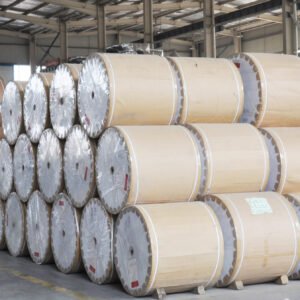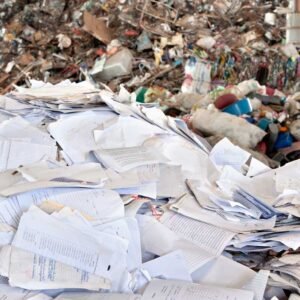Metals are naturally occurring elements that have a wide range of uses in our daily lives. They are widely used in construction, transportation, manufacturing, and many other industries.
Metals can be classified into two broad categories: ferrous and non-ferrous metals. Ferrous metals include iron, steel, and other alloys that contain iron. Non-ferrous metals include aluminum, copper, brass, zinc, and other metals that do not contain iron.
One of the major advantages of metals is their durability and strength. They can withstand high temperatures, pressures, and corrosive environments, making them ideal for many industrial applications.
Metals are also valuable resources that can be recycled and reused, reducing the need for new metal extraction and mining. Recycling metals also conserves energy and reduces greenhouse gas emissions associated with metal production.
However, the extraction and production of metals can have negative environmental impacts, including land degradation, water pollution, and greenhouse gas emissions. It’s important to consider sustainable and responsible mining practices and to properly dispose of any metal waste.
Overall, metals are valuable resources that have many important applications in our daily lives. By promoting sustainable mining and recycling practices, we can help to reduce the environmental impact of metal production and use.




